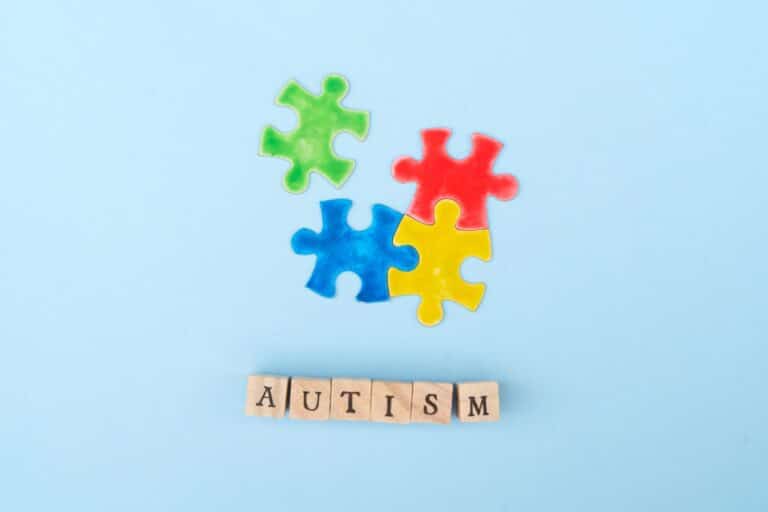Approximately 2.3 million adults have both an alcohol and illicit drug use disorder. This combination of substance use puts them at risk of cross-tolerance.
Their body begins to require higher dosages to get the same effects. This effect differs from dependence or addiction but can be a dangerous first step towards these struggles. It leads to a need to take higher doses and increases the risk of overdosing.
If you already use a substance such as alcohol or prescription drugs, prepare yourself now before you experience this downslide. Read on for the answer to all of your questions, including what is cross-tolerance and where can I get treatment?
What Is Drug Tolerance?
Developing an accurate drug tolerance definition requires explaining how substances affect the body. They’re designed to reach specific cell receptors and cause the body to respond by performing actions such as releasing hormones.
Drug tolerance occurs when these cell receptors are regularly exposed to the same substance. Your current dose won’t work as it once did, and you may want or need to take more.
Tolerance can occur with any medication, including prescriptions and illicit substances. It reduces side effects but increases the risk of addiction and overdose.
Some medications that lead to tolerance are:
- Antidepressants
- Antibiotics
- Anxiolytics
- Cancer drugs
Drug tolerance becomes especially complicated when they affect treatment plans. It can decrease the effectiveness of drugs used to treat:
- Chronic pain
- Immune-related conditions
- Seizure disorders
- Mental health conditions
There may be a need for higher doses in these cases, but only a doctor is qualified to make that decision. They’ll slowly drop your current dosage and then bring it up again. This method resets your body, so the drug effects it the way it should.
Tolerance can be an unintended response from the body that’s similar to an allergic response. It can also result from choosing to take too much of a substance.
What Is Cross-Tolerance?
Giving a term like cross-tolerance a meaning you can understand is the best way to identify and avoid it. It’s a common phenomenon for those who take more than one prescription medication, drink alcohol, and/or use illicit substances.
Cross-tolerance occurs when developing a tolerance for one substance leads to tolerance of another.
Most cases of cross-tolerance occur with drugs in the same class that affects similar areas of the body. If an anti-anxiety drug isn’t stabilizing your dopamine levels enough, you may also become more resistant to illicit substances that increase the same neurotransmitter, such as methamphetamine.
General categories of drugs that could lead to cross-tolerance include:
- Analgesics
- Barbiturates
- Corticosteroids
- Sedatives
- Benzodiazepines and barbiturates
Incomplete cross-tolerance is the least severe form. It occurs where the effects of medications are dimmed but not completely removed.
Complete cross-tolerance occurs when neither drug has any effect at its current dosage. It’s the most severe because it has the highest risk for dependence and addiction.
One way to avoid cross-tolerance is to look at the class of every substance you use. Avoid taking more than one from the same class unless your doctor suggests it.
You must also remember that alcohol, nicotine, and marijuana are all mind-altering substances. They may seem harmless but become dangerous when combined. Mixing Vicodin and alcohol is an all-too-common example.
Cross-tolerance is a serious issue because it can lead to dependence or addiction. It also increases the risk of overdosing.
Are Tolerance and Cross-Tolerance the Same as Addiction and Dependence?
Drug tolerance and cross-tolerance can lead to addiction and dependence. This occurs when their original effects are so dulled that you begin to seek higher doses.
Despite their relationship, tolerance, dependence, and addiction are distinct chemical states. They each have their own effects and signs that help you identify them.
Drug dependence begins the moment when you start to feel like you “need” a substance. You’ll experience withdrawal when it’s not around or when your original dosage is reduced.
There are 2 types of dependence; physical and psychological. One causes physical effects in the body, while the other involves a need to feel the mind-altering effects of a substance.
Symptoms of drug dependence include:
- Depression or anxiety
- Nausea or an upset stomach
- Fatigue
- Muscle aches
- Headaches
- Cold or hot flashes
Addiction, also known as substance use disorder, results from changes in brain activity. Neurotransmitters like dopamine get triggered more often and cause drug cravings.
Sufferers become so desperate to avoid withdrawal symptoms and satisfy cravings that they may begin to engage in risky behavior. Signs of addiction include:
- Social withdrawal
- Weight loss
- Abandoning self-care and hygiene
- Changes in routines
Dependency and addiction require treatment as soon as possible to avoid devastating effects on your body and lifestyle.
What Treatment is Available for Cross-Tolerance?
Speak with your doctor the moment you notice yourself becoming tolerant to your medications. Ask if they can adjust your dosage.
If your problem develops into dependence or addiction, seek out a treatment facility. Over 2.5 million adults receive treatment and enter for alcohol or illicit drug use every year. You’ll be part of a large group that’s chosen to take back control of their lives.
If you use more than one substance, you’ll need to enter a program that addresses them all. If you take prescription medications and drink alcohol, you’ll need substance abuse and alcohol addiction treatment.
Find a treatment facility that can slowly wean you off of all the substances you use. Make sure they address your recovery needs in a caring and effective manner.
Where Can I Get Addiction Treatment?
Knowing what cross-tolerance is before it occurs is your best line of defense. It begins when the stops responding to the effects of two or more substances. They’re usually in the same class and have similar effects on the body.
Tolerance, cross-tolerance, addiction, and dependence are connected but are not the same. They differ in how much they affect the mind and body and how they’re treated. The Southern California Sunrise Recovery Center is the best place to go when tolerance and cross-tolerance develop into dependence and addiction. Contact us today to see how we can help.






